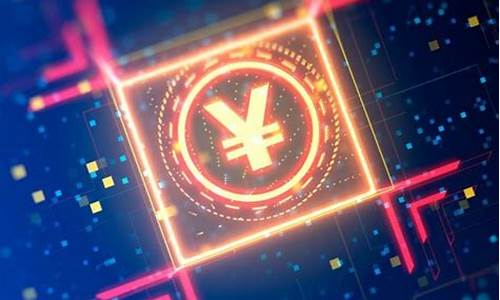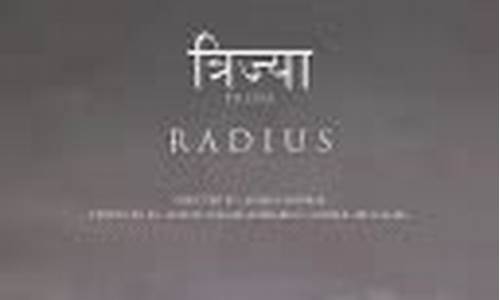Digital currency, also known as cryptocurrency, is a type of virtual currency that uses cryptography for security. The standard for digital currency includes several key features and characteristics.
Firstly, digital currency is decentralized, meaning it is not controlled by any government or financial institution. Instead, it is managed and verified through a network of computers called nodes. This makes digital currency more secure and resistant to censorship.
Secondly, digital currency transactions are recorded on a public ledger called a blockchain. Each transaction is verified by multiple nodes in the network before being added to the blockchain. This ensures transparency and accountability in the system.
Thirdly, digital currency uses cryptographic algorithms to secure transactions and to control the creation of new units. This makes it difficult for hackers to manipulate or corrupt the system.
Fourthly, digital currency has no physical form, unlike traditional currencies like dollars or euros. It exists solely as a digital asset that can be traded or transferred online.
Fifthly, digital currency has value because people are willing to exchange it for goods and services. Its value is determined by supply and demand in the market, similar to other tradable assets.
Sixthly, digital currency can be used for a variety of purposes beyond just buying and selling goods and services. Some people use it for investment purposes, while others use it for peer-to-peer payments or to transfer funds across borders quickly and cheaply.
Seventhly, digital currency exchanges allow users to buy and sell digital currency with traditional currencies like dollars or euros. These exchanges often require users to verify their identity and may have strict rules about trading volume and frequency.
Eighthly, digital currency wallets are used to store and manage digital currency. They allow users to send and receive digital currency without the need for a central authority like a bank.
Ninthly, digital currency mining involves using powerful computers to solve complex mathematical problems in order to validate transactions and create new units of digital currency. This process helps to secure the network and earn rewards in the form of digital currency.
Finally, digital currency regulation varies depending on country and jurisdiction. Some countries have banned or restricted the use of digital currency altogether, while others have established regulatory frameworks to govern its use and trading.
In conclusion, the standard for digital currency includes decentralization, transparency, security, value, versatility, exchanges, wallets, mining, and regulation. As digital currency continues to evolve and gain popularity, it will be important for individuals and institutions to understand these standards in order to participate in the market safely and effectively.












还没有评论,来说两句吧...